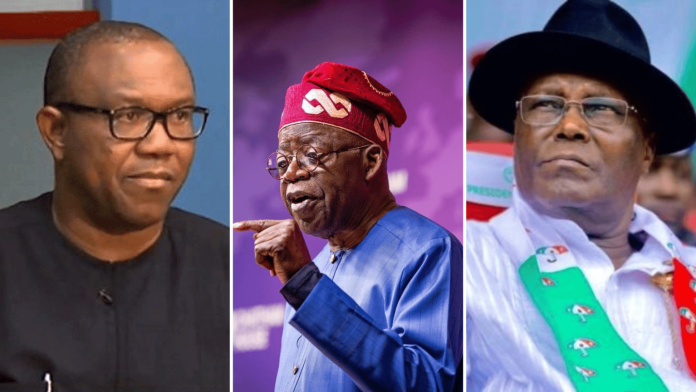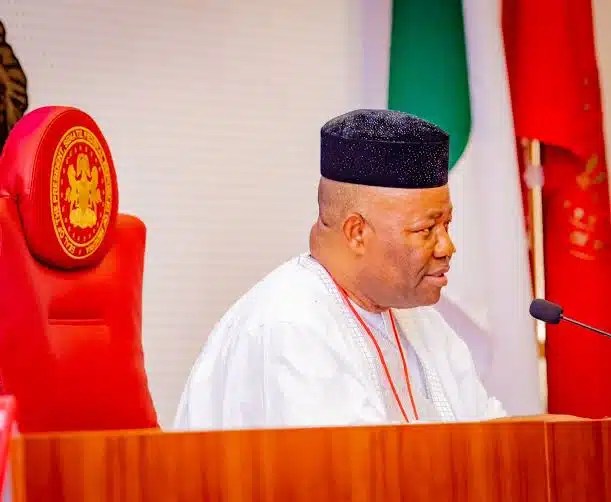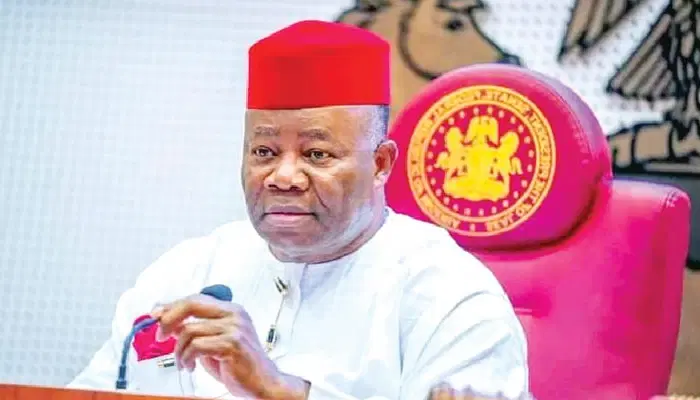Presidential candidate of the Labour Party in the 2023 election, Peter Obi, has rejected calls for a coalition with former Vice President Atiku Abubakar ahead of the 2027 general election.
This rejection follows strong indications that Atiku may have proposed a political alliance to Obi, which reportedly included offering him the position of vice president on a joint ticket, with Atiku serving a single term and then supporting Obi to succeed him.
According to sources, the proposed power-sharing arrangement is part of broader efforts to unite opposition forces and present a joint challenge to the ruling All Progressives Congress (APC) and President Bola Tinubu in the next election.
However, the former Anambra State governor has publicly distanced himself from such coalition efforts, stressing that he is not interested in any arrangement solely aimed at capturing power.
Speaking at a national conference in Abuja, Obi criticised previous coalition attempts in the country, describing them as opportunistic and lacking genuine national interest.
He said, “We must talk about the future of Nigeria. We abandoned the country, and all we talk about now is power grabbing.”
Meanwhile, reports of the emerging proposal have drawn mixed reactions, with the Igbo socio-cultural organization, Ohanaeze Ndigbo, criticising the plan and arguing that it undermines the South-East’s long-standing aspiration to produce a president in 2027 and violates the principle of rotational presidency.
In addition, former Kano State Governor, Rabiu Kwankwaso, denied involvement in any arrangement between Atiku and Obi on a rotational presidency, describing the claims as false.
As discussions continue, the feasibility of the alliance remains uncertain, especially given the internal challenges facing both the Peoples Democratic Party (PDP) and the Labour Party.
Some reports also indicate that the Social Democratic Party (SDP) is being considered as an alternative platform for the proposed coalition. Although Obi has not directly responded to the terms of the proposal, his position so far suggests a reluctance to participate in such negotiations ahead of the 2027 elections.




